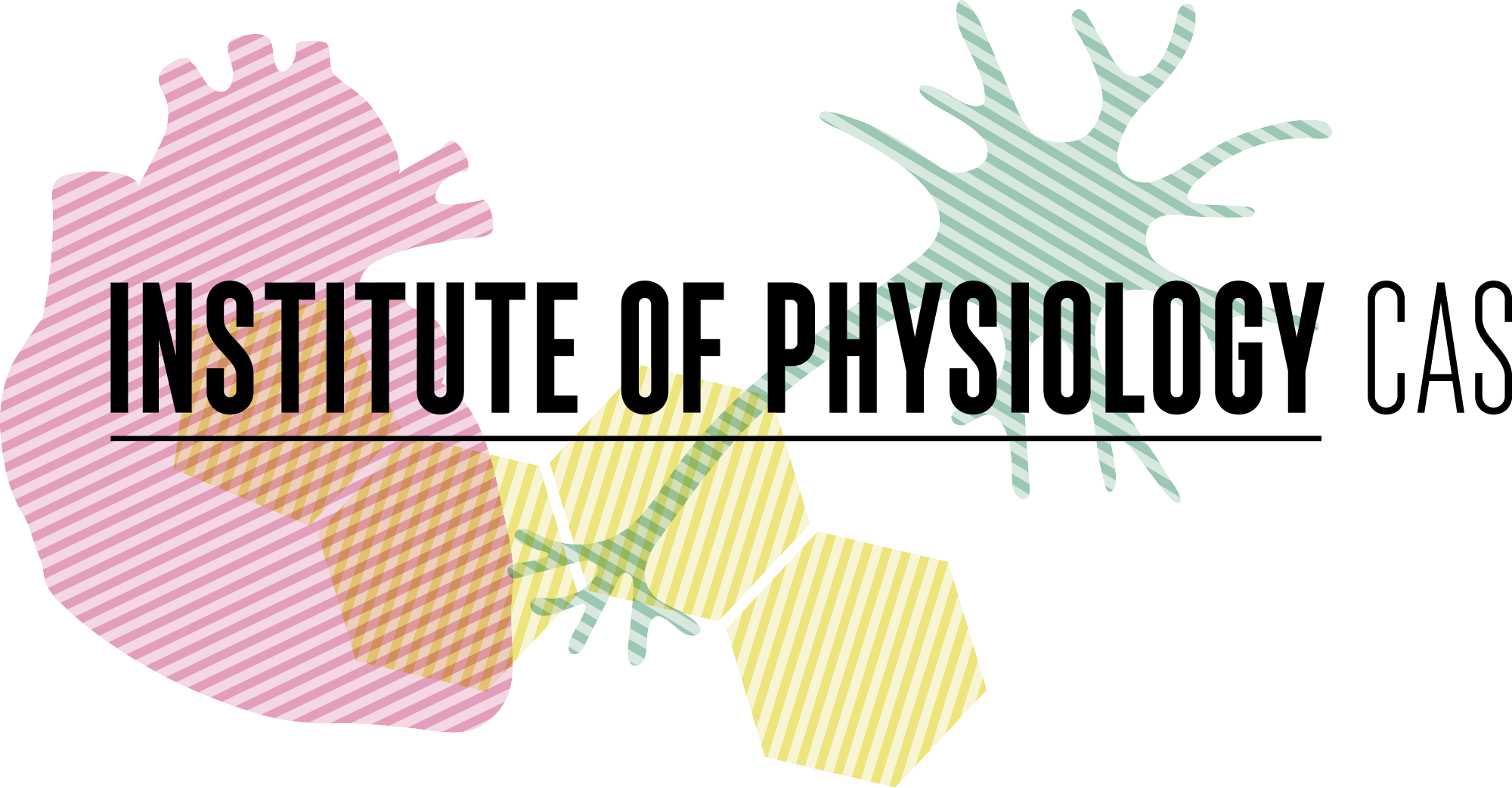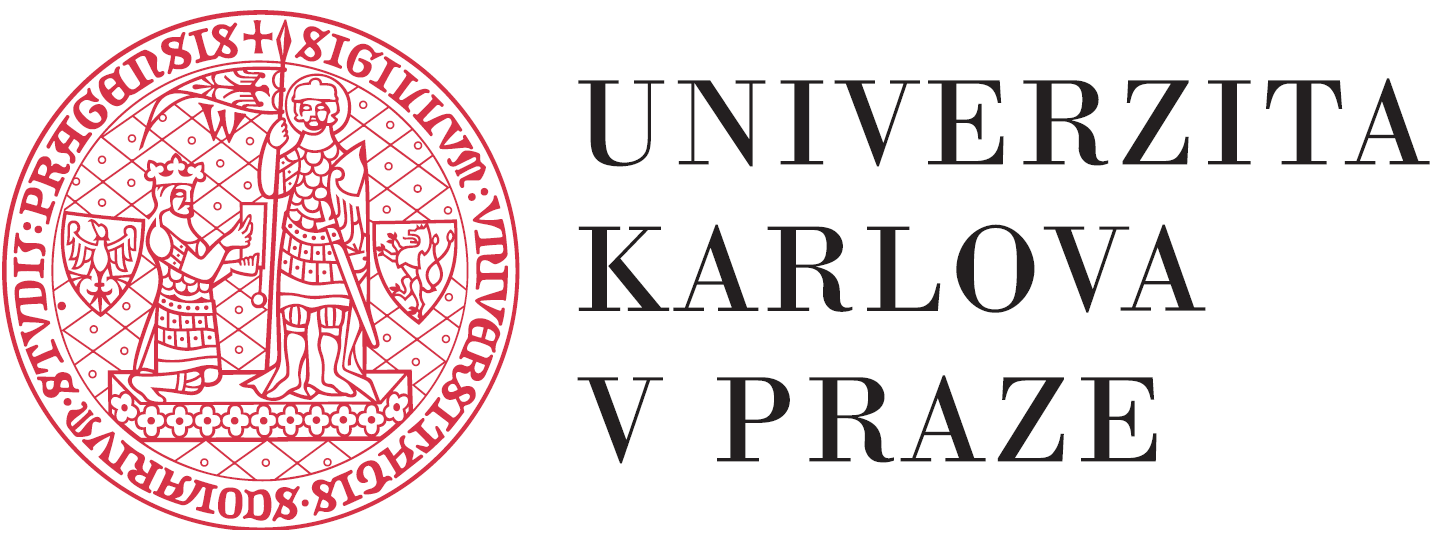The Institute for Clinical and Experimental Medicine (IKEM) is the only clinical centre in the Czech Republic combining the full spectrum of treatment for diabetes and cardiovascular diseases, ranging from various types of pharmacotherapy and standard invasive interventions to transplantation treatment for organ failure (heart, liver, kidney, pancreas and islet of Langerhans transplantation).
Intensive clinical, experimental and translational research is also underway in all these areas. In the field of experimental research, IKEM focuses mainly on the study of experimental pathophysiological and physiological models in the areas of cardiovascular diseases, transplantation, diabetes, obesitology and kidney diseases.
Experimental research activities are mainly concentrated in the Centre for Experimental Medicine (CEM). CEM also serves as a base for postgraduate studies in molecular biology and genetics, physiology and pathophysiology, biochemistry and pathobiochemistry, and metabolic disorders. IKEM is an A (excellent) rated research organisation in the 2018 Research Organisation Assessment according to the new Research Organisation Assessment Methodology.

The Institute of Organic Chemistry and Biochemistry of the CAS is a leading scientific institution of European and world importance. In its profile, it traditionally combines organic chemistry with biological and medical disciplines. The main mission of the Institute is basic research in the field of chemical biology and medicinal chemistry, organic and materials chemistry, chemistry of natural substances, biochemistry and molecular biology, physical chemistry, theoretical chemistry and analytical chemistry.
An integral part of this is the transfer of basic research results into practice. The
emphasis on interdisciplinary research has resulted in a number of applications in medicine, pharmaceuticals and other sectors, including extensive collaborations with Gilead Sciences and drugs such as Vistide, Viread, Hepsera and Truvada. Currently, the IOCB has achieved significant results in several areas of biomedical research, such as the development of compounds for the potential treatment of metabolic and neurodegenerative diseases. In collaboration with FGÚ, a project is underway to develop potential compounds for the treatment of metabolic syndrome, which led to the signing of a joint licensing agreement with Novo Nordisk, a leading pharmaceutical company in the field of diabetes and obesity treatment, in 2017.

The Institute of Physiology of the CAS (FGÚ) is one of the leading national biomedical research institutions. It focuses on the investigation of fundamental biological mechanisms from the molecular level to the whole organism.
These mechanisms are also implicated in the development of major diseases, especially diseases associated with ageing or obesity (neurodegenerative and cardiovascular diseases, diabetes), epilepsy or inherited metabolic diseases. The results help to improve preventive, diagnostic and therapeutic approaches to combat diseases of societal importance. Much of the research is carried out in collaboration with the partners of this project, but also with other institutions. FGU enriches these collaborations with unique expertise, techniques and biomodels. FGÚ also offers pre-clinical testing of potential drugs with the support of Strategy 21 of the Czech Academy of Sciences. The Institute participates in the education of university students and trains PhD students in biomedical sciences. Since 2019, FGU is one of the first scientific institutions in the Czech Republic to receive the prestigious HR Award for Human Resources.

Charles University (Charles University) is one of the most important scientific and educational institutions not only in the Czech Republic but also in Europe. It is a research-oriented university, which has a strong commitment to the historical traditions of one of the oldest higher education institutions and plays a fundamental role in the scientific, cultural, social and economic development of society.
The 1st Faculty of Medicine of Charles University (1st Faculty of Medicine of Charles University) has long been one of the leading institutions of medical education and biomedical research in the Czech Republic and internationally. These programmes study a wide range of hereditary, genetically influenced and acquired diseases. These include inherited metabolic diseases, a broad group of rare diseases, neuropsychiatric and neurodegenerative diseases, cancer, infectious diseases and dental diseases. The aim of these programmes is to (i) elucidate the underlying causes of disease (genetic, environmental and infectious factors), (ii) study and understand the pathogenetic mechanisms of disease at the molecular, cellular, organ and individual levels, and (iii) inform the design of new diagnostic, therapeutic and preventive approaches.
3. The Faculty of Medicine of Charles University (3. LF UK) has long been an international leader in cardiovascular and metabolic disease research. As a proof of its international status, the 3rd Faculty of Medicine UK Cardiac Centre
was included by the American journal Circulation (IF 29.69) among the European Centres of Excellence in 2008 or the highest award given by the European Society of Cardiology (gold medal in 2014 to Prof. P. Widimský). Similarly, research on diabetes and other metabolic diseases is at the top international level. The two research groups (cardiovascular and metabolic) work closely together on a range of projects from experimental research on basic pathophysiology to advanced clinical research.

Masaryk University (MU) has long held the position of the second largest higher education institution in the Czech Republic in terms of the number of students. At the same time, the university is profiling itself as a research organisation of growing importance in Central Europe. One of the University's strategic goals for 2021-2028 is to contribute to solving global and local challenges through basic and applied research and the application of its results in society in the areas of health and quality of life. Furthermore, to strive for excellence in the international research area by developing interdisciplinary strategic themes, emphasizing promising research areas, effective use and sharing of the cutting-edge facilities being built, and the ability to recruit and motivate exceptional scientists and young researchers.
The scientific activities of the Faculty of Medicine (LF MU) cover practically the entire spectrum of biomedical research, the scientific activities are spread over the fields of clinical medicine and basic medical research, which enables direct translation of basic research results into clinical practice. Innovative therapies, as well as diagnostic and surgical procedures, find application. The application potential of the research is supported by its own excellent infrastructure. The key areas of research at LF MU include (in alphabetical order): cell biology, genetics, innovative therapies, cardiology, microbiology, molecular biology, tumour biology, neuroscience, oncology, reproductive medicine, tissue and regenerative medicine and stem cell research.
The Faculty of Science of Masaryk University (MU) is primarily a research-oriented
faculty offering higher education closely linked to primary and applied research and
secondary school teaching of the sciences: mathematics, physics, chemistry, biology and earth sciences. Priority topics of
specific research are focused on the harmonious development of the natural sciences. A substantial part of the faculty's research activity is also devoted to non-specific research closely related to teaching in doctoral programmes.
